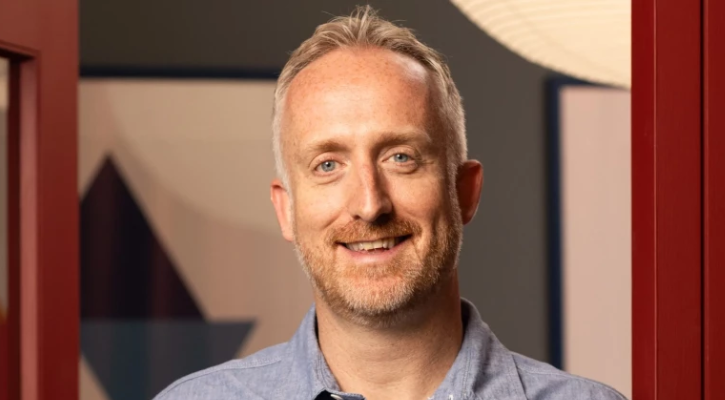Independent technology consultancy Opencast has announced revenues of almost £50 million during its last financial year.

According to the firm’s recently published 2023 accounts, turnover increased from £36.3 million to £49.9 million.
Tom Lawson, Opencast chief executive, said: “Our people-focused, purpose-driven business model continues to deliver positive social impact at the same time as growth and profitability.
“It’s great to have been able to report another year of growth for Opencast – particularly at a time when the tech sector and economy face challenges that are affecting business growth plans across the board.
“Our growth helps us to deliver the important services and impact our clients need, including in government, healthcare, utilities and renewable energy.
“We will continue to work to make a positive impact on society through solutions that are simpler, more sustainable and fairer for everyone.”
The company provides digital transformation for large government departments – earlier this month it announced a £32 million, two-year contract with the Department for Work and Pensions (DWP).
Opencast has identified the healthcare sector as an area for further opportunity, having delivered projects for NHS England and NHS Business Services Authority, as well as healthcare businesses such as eConsult.
Charlie Hoult, Opencast chair, said: “Despite being a year of growth, 2023 was in many ways a year of consolidation against a backdrop of increased volatility in the economy and macroeconomic environments.
“The UK technology sector slowed overall, leading to increased competition for work in government, alongside downward pressure on departmental spending and several large contractual transitions/renewals.
“Our people-focused approach has continued to resonate; especially given the strong strategic position we took to prioritise our people through a more challenging economic period.
“While we held off on further investments in physical hub locations, investments were made into Manchester and Birmingham as virtual hubs, Leeds was moved to the virtual hub model alongside maintaining our physical locations in Newcastle, London, Edinburgh and Glasgow.”








